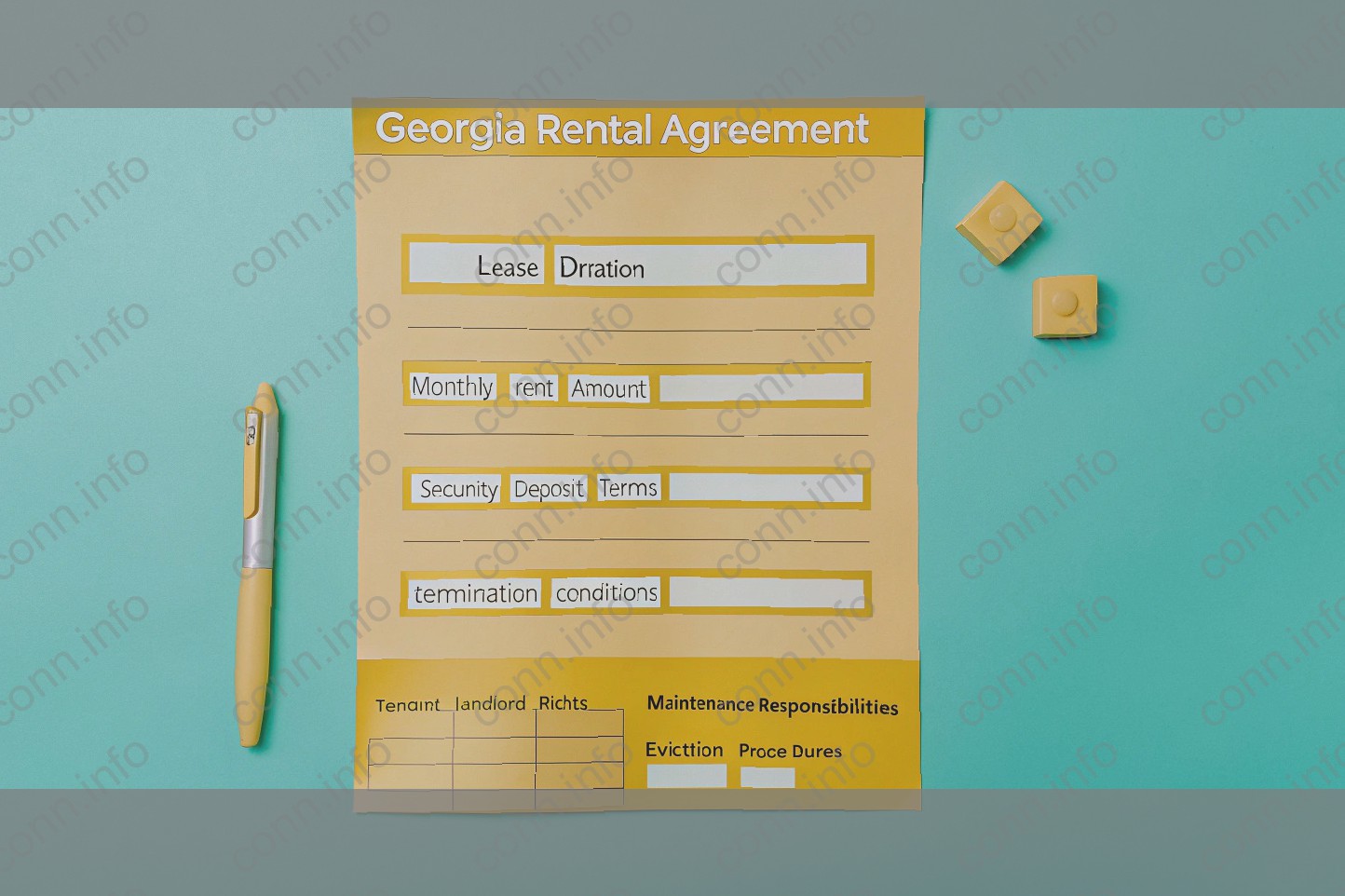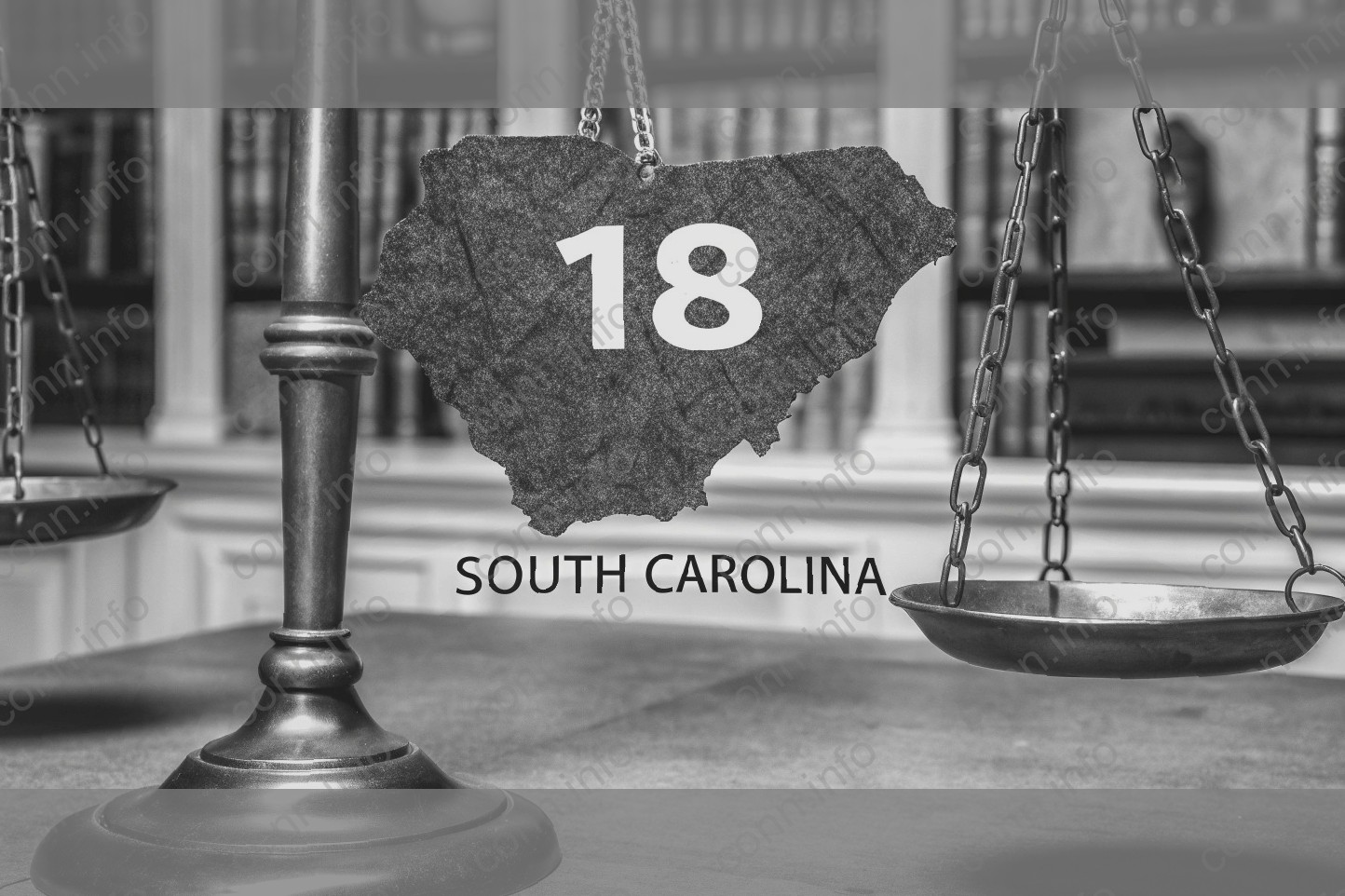Introduction to the Law Merit Badge
The Law merit badge teaches Scouts about how an understanding of the law and the legal system contributes to good citizenship. Law is set apart as a requirement because it, in many ways , is a compilation of many badges that emphasize many important aspects or functions of our legal system. Whatever rules or systems we have will never be perfect or universally agreed upon. Law is so important to a nation’s stability that civilizations have often been defined by their systems of law. The Law merit badge will introduce you to how law affects you in today’s society. Whether or not you have an interest in pursuing a legal career, you will find that the knowledge you gain while earning this badge will serve you for the rest of your life.

Requirements Overview
To complete the requirements for the Law Merit Badge, scouts must meet some or all of the following key requirements. First, scouts are required to participate in law-related activities, which could include attending a court trial, participating in a mock trial, or visiting a law school. This requirement aims to provide scouts with real-world insights into the functioning of the legal system and the various roles held by those involved in legal proceedings, such as law students, judges, and attorneys. Using resources found on the Law Merit Badge Website, scouts typically research specific legal cases, disputes, or question and answer sessions outlined in the Law Merit Badge Workbook. Participating in community service projects that involve legal outreach or education is another way to fulfill this requirement.
Second, scouts must develop a working knowledge of the law, which involves studying important legal principles such as rights, responsibilities, and the distinction between civil and criminal cases. Scouts may also learn about the roles and motivations of lawyers and judges, the prosecutor versus defendant dynamic in the judicial system, the sequential stages of starting a lawsuit or criminal trial, and the importance of confidentiality and privilege between clients and their counsel. To demonstrate this understanding, scouts are often required to create a schedule listing the steps involved in a lawsuit or a criminal trial in the order they occur.
Therefore, to articulate the benefits and limitations of law practice, scouts should show familiarity with the seven elements that define the practice of law. These elements include the unique nature of training lawyers receive compared to other professionals, the interaction among judges, lawyers, and juries in court, and the limits of judicial evidence collection and information sharing. In addition to explaining the elements of the practice of law, scouts must also be able to articulate the basic rights of accused persons and active duty military personnel, including the terms "speedy trial," "change of venue," "process," and "informed of charges."
Finally, to obtain a Law Merit Badge, scouts should research resources on the Bill of Rights, the Seven Basic Steps to Filing a Lawsuit, the Three Types of Law, and the Three Branches of Government. The time it takes to earn the Law Merit Badge varies based on the scout’s prior knowledge and involvement in law-related activities. Scouting youth who complete the Law Merit Badge may go on to become lawyers, police officers, or judges, or develop leadership and analytical skills applicable in various other fields.
Law in Action
A key component of the Law Merit Badge is understanding the structure of federal, state, and local courts. The federal system is overseen by several agencies such as the Supreme Court, U.S. Courts of Appeals, U.S. District Courts and U.S. Courts of Special Jurisdiction. The federal system works in much the same way as the state and local systems, but there are some distinctions. For example, federal law has jurisdiction over crimes that cross state lines or involve matters of national security. A law passed in Washington may affect which criminal acts can be prosecuted in a federal court. Federal judges are also appointed for life. The state system consists of circuit courts that oversee the handling of criminal complaints in the geographic area where the crime took place. Counties that have larger populations often have more than one court because of the amount of cases. In addition to the circuit courts, state laws may dispute the proper jurisdiction of a specific law and appoint a special court to handle these matters in one place. For example, each state has a juvenile court to handle crimes involving minors. These courts are designed to rehabilitate rather than punish offenders. The treatment of youth offenders is also based on the theory that they will change their behavior once they become adults. Local laws will dictate how a law is handled on the county level. A county or city may appoint its own prosecutors and judges. Cities often hire a prosecutor to handle complaints through their municipal court. Municipal courts only hear the less serious crimes within the city limits, such as misdemeanor criminal traffic violations. If the crime is serious, the case will be handled in the circuit court. If your badge requires you to know which court to request when appealing a federal decision, you would ask for the Court of Appeals for the federal circuit. Which circuit to turn to will depend on where the appeal originated. Your comfort level in the courtroom and with the law will help direct your career.
High-Profile Court Cases
Famous legal cases relating to the Law merit badge
A solid understanding of legal precedents is a strong starting point for all scouts in preparation for the merit requirements.
Here are three very significant legal cases from US history that every law scout should be able to discuss (we can hope, right?) and that will provide some great insights into the legal system and how it works. We’ve included links to videos of the SCOTUS decisions.
Brown v. Board of Education was the landmark Supreme Court case in 1954 in which the justices unanimously held that racial segregation in public schools violated the Equal Protection Clause of the Fourteenth Amendment. The following year, the Court’s ruling was made effective throughout the United States.
In Brown v. Board of Education II, the justices issued their opinion on how to implement the decision in Brown v. Board of Education.
Miranda v. Arizona was a landmark decision of the Supreme Court. In this ruling in 1966, the justices extended the "Miranda warning" to all subjects of custodial interrogation by government agents. The decision was based on the Fifth Amendment protection against self-incrimination. In order to protect the right of a criminal suspect to not be compelled to incriminate themselves they must be informed of their rights before police questioning.
The Miranda warning requires law enforcement to inform a person in custody or subjected to interrogation of:
Each of these notices must be read a suspect to each individual placed under arrest and apprehended. If a suspect cannot read or write, the police officer may tell the suspect about their rights and then have a witness sign and read the document to the suspect. Failure to administer the Miranda warning does not prevent the police from carrying out their legal duties, such as making an arrest and collecting evidence.
Miranda warnings (the reading of the above) do not have to be given if the suspect is not actively being interrogated. Also, the judge will look to see if the suspect has been given enough time to leave before demanding their rights. In simple terms, the warning only needs to be given if it can be proven that the defendant was questioned without representation before being arrested.
Careers in Law
Each scout who works toward the merit badge is required to explore various legal careers, many of which the scout may be unfamiliar with. The scout also learns to distinguish between a criminal and civil law career. For this merit badge, it is required to interview one law professional (an attorney, judge, paralegal, law student, law school professor, law-related professional, and/or law enforcement officer). It would be helpful for the scout to interview a variety of people who work in the legal industry, whether they realize it or not.
Lawyers
It seems obvious to include lawyers in the interviews, but the type of lawyer is important too. Lawyers are generalists when they graduate from law school, but when they enter the profession they specialize to various degrees. Most lawyers will tell you that their legal practice definitely stems from their interests (e.g., business, environmental protection, international relations, health care, food, building construction, etc.). Since each lawyer specializes to some extent, it is much better for the scout to interview one who has experience in an area of law that interests the scout. If the scout is interested in helping people, he/she may want to interview a lawyer who has experience with indigent clients. As opposed to a lawyer who is regularly in the courtroom, the scout may even prefer to interview a lawyer who spends most of his/her time in the office researching and writing opinions and arguments.
Judges
Probably the least explored law-related career that the scout could consider interviewing is a judge. Amazingly, fewer people know what a judge does than a lawyer. Most people would easily know that a lawyer represents parties in court (and even a lawyer without much exposure to courts would normally know how to find out about court administration), but many people could not explain what a judge does . (Believe it or not, there are firms that hire social scientists to study this type of thing, so it is interesting from a marketing standpoint).
Paralegals
Paralegals are non-lawyers who assist lawyers to increase the efficiency of the lawyer’s practice. In a small firm a paralegal might do research or even meet with the clients, while in a very large firm the paralegal may spend all his/her time in the library working to reduce the workload of the lawyers.
Law Students
It is good for scouts to talk to law students about their college experiences and how they have adjusted to law school. It can also be fascinating for some students to learn that it is very common for many law students to start law school thinking that they would like business law, but by the end of their first year, many want to go into public service law. It can also be enlightening for a scout to learn that the vast majority of law students are not immediately hired after graduation. A large number find work through a law-clerk position during the second summer after they begin law school.
Law School Professors
Professors can be some of the most interesting people for a scout to interview. The classes of law school professors can cover such a wide variety of topics that a professor can usually let a scout explore his/her interests while getting exposed to the nuances of studying law school material.
Law-Related Professional Organizations
In addition to interviewing legal professionals, it can be helpful to interview other people who may work in a law-related function or studied law in college (whether they use their law education in their current career or not). Examples may include corporate employees who work in human resources or government employees who work in city zoning offices. Even a parent or older friend may be helpful.
Mock Trial Participation
As part of the Boy Scout Law Merit Badge requirements, a scout is required to participate in a mock trial. The benefit of this requirement is that it works on many of the skills that employers and college expect you to have! As someone who hires people all the time, I can assure you that the first impression is critical and that one of the most important skills you can bring to the table is being an excellent speaker. Simply put, if you can’t put your thoughts together in a clear and concise manner…whoever you are speaking with will quickly start to wonder what you are trying to hide and, more so, think you are trying to sell them something and they will lose interest. Also, if you need to speak in front of a group in college, business (or even outside of those arenas) you will need to be able to convey your thoughts in an organized fashion that is also clear and concise. So, if you are a scout… or trying to figure out if you should get the Law Merit Badge, you might want to consider what it could mean for you in the future.
The mock trial allows scouts to focus on and improve these fundamental skills. In coordinating a mock trial, you will get to experience an actual trial-like environment. Typically, in a mock trial, there are two teams: the defense team and the prosecution team. The prosecution team is basically trying to convince the "court" that their position is correct. In contrast, the defense team tries to defend their point of view. For example, the prosecution has the burden of proof, while the defense holds the obligation of creating reasonable doubt. The defense team really needs to know the law, and how it applies to cases that are similar. The prosecution team needs to be clear on what the law is, and how it applies to the specific case. The jury, much like real life, is composed of generally uninformed individuals who must somehow come to a point of agreement. This is where things can get particularly interesting, and fun. In the end, the jurors need to get the law, how it applies, and how it fit into the case. If they do not, they could risk be ostracized from the group. At the end of the day…what’s the point? The point is that it’s okay to be passionate about your position. You may be excited, nervous, confident, or worried. Or, you may not be any of those things. Regardless of how you feel when going into a mock trial, you should be able to speak your mind, in an organized fashion, and allow yourself to ride your thoughts all the way through, and finish your position.
Study Tips and Online Resources
Numerous online resources are available to assist you with your preparation for the Law Merit Badge. In addition to common internet search engines, two reputable legal research services that have been made available to Scouts without charge and parental permission are FastCase and Casetext. Both of these programs allow users to search through primary law for free. The but law resources typically require a paid subscription for full access. For example, both of these internet legal research services offer full text research of the federal and all 50 state constitutions for free. Free access is also available to federal and Oklahoma statutes and regulations with limited access to state statutes in other jurisdictions. Additional legal research fees may apply to research federal district cases in other states, although a single federal district or court of appeal case is often available for purchase as a standalone document.
Another source of information to help you understand and research a new area of law is a legal encyclopedia. One of the best known legal encyclopedias on the Internet is Nolo.com. Again, this is a for fee service. However, even without paying a subscription fee, your agent can walk you through the free sections of Nolo.com that focus on both the law and what you need to do to work your way up the merit badge ladder for the Law Merit Badge.
Conclusion and Benefits
In addition to providing instant gratification — a badge, after all, is a "promise of future happiness," as Scout law counselor James West put it — the Law Merit Badge confers long-term benefits that rewards scholars. Not only does it spout checks and balances, the fallibility of human institutional authorities as well as perhaps the world’s most important ideal — justice — but it also opens a gateway for future ethical, cultural, psychological, political, and legal studies.
The young person may find future employment in a law office or assist in some way. Or he or she may find an academic path that they wish to pursue. One possible option for the aspiring lawyer is a pre-law program that helps students forge classes , research opportunities, and volunteer experiences into a successful admissions portfolio before starting professional training.
The point is, the Law Merit Badge and its requirements stimulate further curiosity, motivation, and knowledge that serves to fight ignorance on the part of the child as well as the adult. They also nurture the kind of citizenry that leads young men to choose careers in service or non-profit work, and they therefore benefit everyone — including the community at large.



